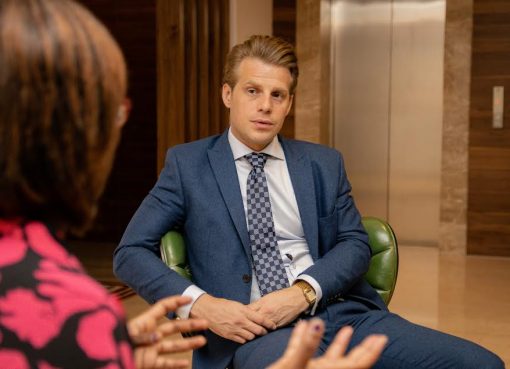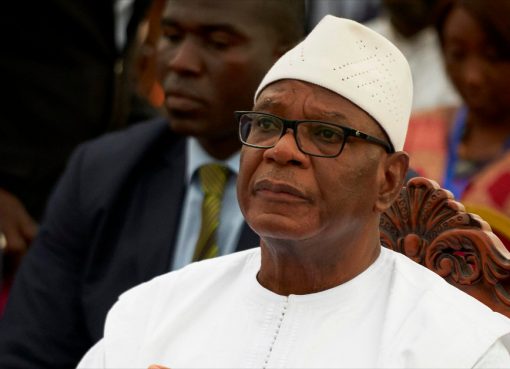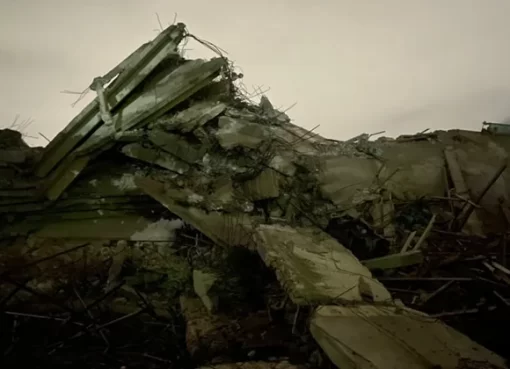Climate change as defined by the United Nations, is long-term shifts in temperatures and weather patterns due to either natural causes, such as changes in the sun’s activity and large volcanic eruptions, or human activities.
This year, the Africa Climate Week (4th-8th September) is held alongside the Africa Climate Summit (ACS) that started on 4th and will end on 6th of September at the Kenyatta International Convention Centre in Nairobi, Kenya.
Led by the government of Kenya, the summit is being attended by thousands of delegates and dignitaries from across the globe to discuss positive climate growth and finance solutions for Africa and the world.
President William Ruto who opened the event yesterday, stated that his administration is committed to achieving the 100 percent renewable energy transition as one major way of mitigating climate change.
The president said that Kenya’s national grid currently operates at 3 Giga Watts, with 92 per cent of that power being renewable. He pointed out that Africa’s renewable energy resources is a critical component as the world battles the adverse effects of climate.
The Head of State gave an assurance that Africa can be a green industrial hub that helps other regions achieve their net zero strategies by 2050. He also emphasized on the necessity of industrial energy at scale to anchor energy demand as a means of tackling the widespread energy poverty that is still prevalent across the continent.
In regards to this summit, every Kenyan should be educated on how green energy is achieved. Not all Kenyans understand the issue of renewable energy or green energy. There still are, people who do not even have information on the Climate Week, the summit and what they entail.
The government should put more efforts in spreading the information regarding our environment and climate change at large by doing thorough campaigns. Creating awareness to all will be the first move towards combating climate change in every part of the world.
The oneness that has come with the Climate Summit should be maintained when sharing information and ensuring the implemented strategies have been adhered to.
The media, learning institutions, environmental organisations and all communities should be on the frontline in sensitizing the society on the causes, effects and ways of mitigating climate change.
At a personal level, everyone needs to get and share much information regarding climate change because it is the biggest problem we have currently. It will take every individual’s efforts towards the issue to tackle it.
By Matildah Obaigwa














Comment here